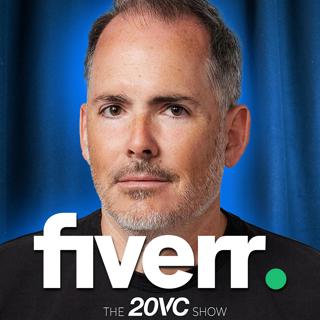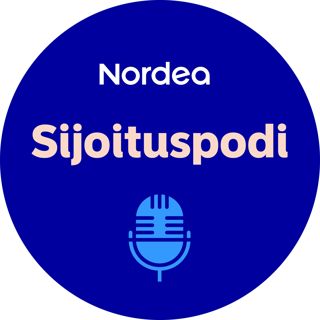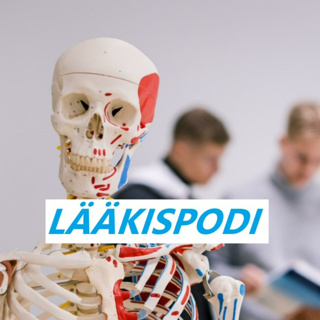
20VC: AI Scaling Myths: More Compute is not the Answer | The Core Bottlenecks in AI Today: Data, Algorithms and Compute | The Future of Models: Open vs Closed, Small vs Large with Arvind Narayanan, Professor of Computer Science @ Princeton
Arvind Narayanan is a professor of Computer Science at Princeton and the director of the Center for Information Technology Policy. He is a co-author of the book AI Snake Oil and a big proponent of the...
28 Elo 202451min

20VC: Why the IPO Market is not Closed | Why Revenue Multiples are BS and Founders Need to Change | Advice From Jack Ma, Jamie Dimon and Evan Spiegel | Lessons from Taking Snap & Alibaba Public with Imran Khan
Imran Khan is the OG of IPOs having taken some of the biggest companies public including Alibaba, Snap, Box, Weibo and more. Today, Imran is the founder and Chief Investment Officer of Proem Asset Man...
26 Elo 20241h 4min

20Sales: How Snowflake Built a Sales Machine | Why You Have to Hire a CRO Pre-Product | Why Most Sales Reps Do Not Perform | Why Hiring Panels are BS in Interviews | Why Remote Sales Reps Do Not Care About Their Development with Chad Peets
Chad Peets is one of the greatest sales leaders and recruiters of the last 25 years. From 2018 to 2023, Chad was a Managing Director at Sutter Hill Ventures. Chad has worked with the world's best CEOs...
23 Elo 20241h 3min

20VC: Five Lessons Scaling Toast to $14BN Market Cap | The Biggest Mistakes Founders Make in Fundraising, Hiring and Selling with Aman Narang, CEO @ Toast
Aman Narang is the Co-Founder and CEO of Toast, one of the best-in-class vertical SaaS companies of our time with a market cap today of $13.5BN. Five astonishing stats that show the quality of the Toa...
21 Elo 20241h 3min

20VC: Chips, Models or Applications; Where is the Value in AI | Is Compute the Answer to All Model Performance Questions | Why Open AI Shelved AGI & Is There Any Value in Models with OpenAI Price Dumping with Aidan, Gomez, Co-Founder @ Cohere
Aidan Gomez is the Co-founder & CEO at Cohere, the leading AI platform for enterprise, having raised over $1BN from some of the best with their last round pricing the company at a whopping $5.5BN. Pri...
19 Elo 202458min

20VC: Capital G's Laela Sturdy on What Stripe, UiPath and Duolingo Taught Me About Company Building and Investing | How to Analyse Valuation, Market Timing, Sizing and Exiting | Life Inside Alphabet's $7BN Growth Fund
Laela Sturdy is Managing Partner of CapitalG, Alphabet's $7 billion independent growth fund, where she has invested in Stripe, Duolingo (DUOL), Gusto, UiPath (PATH), Webflow and Whatnot. Laela joined ...
16 Elo 202455min

20VC: Lessons from Mark Zuckerberg, Keith Rabois & Tobi Lütke | Why Remote is a Bad Idea for 90% of Companies | The Framework for How Shopify Builds Product Today | What Humans Get Wrong About Marriage and Kids with Kaz Nejatian, COO @ Shopify
Kaz Nejatian is Shopify's VP of Product & Chief Operating Officer. Before Shopify, Kaz founded Kash, a payment technology company which was acquired in 2017 by one of the largest fintech companies in ...
14 Elo 20241h 3min

20VC: Sequoia's Shaun Maguire: Will We See WW3 Shortly | Why DEI is a Cancer for Society | Why Iran is the World's Greatest Evil | Why Trump is the Only Hope for Peace in the Middle East | Trump vs Harris: Who Wins & What Happens
Shaun Maguire is a Partner at Sequoia Capital. At Sequoia he led their investment into SpaceX, The Boring Co and X among many others. Before Sequoia he co-founded a cybersecurity company called Expans...
12 Elo 20241h 3min






















